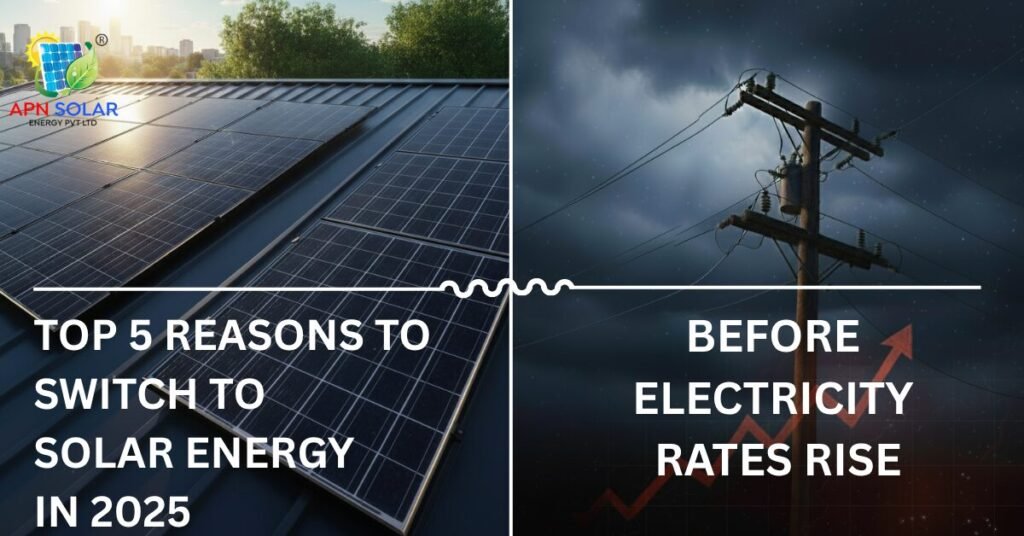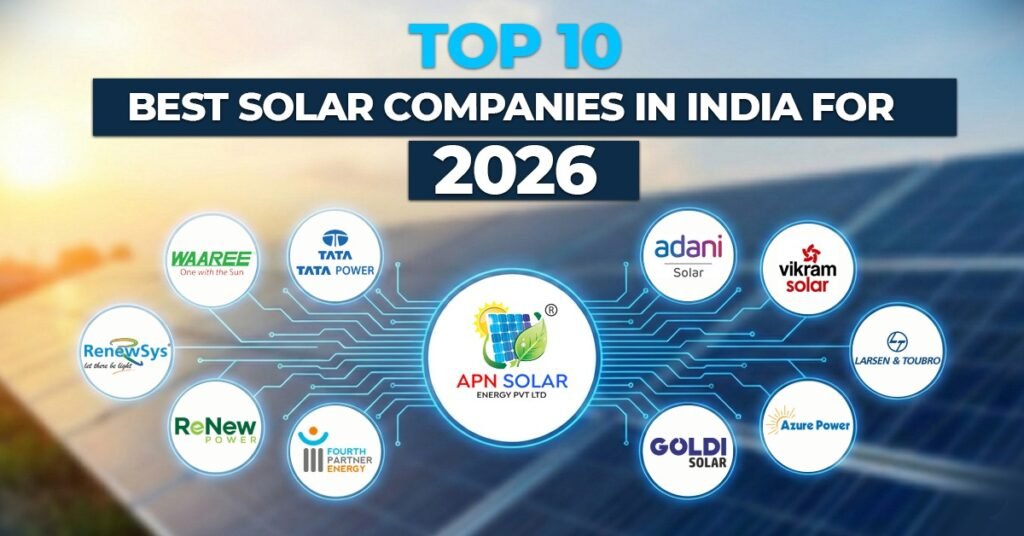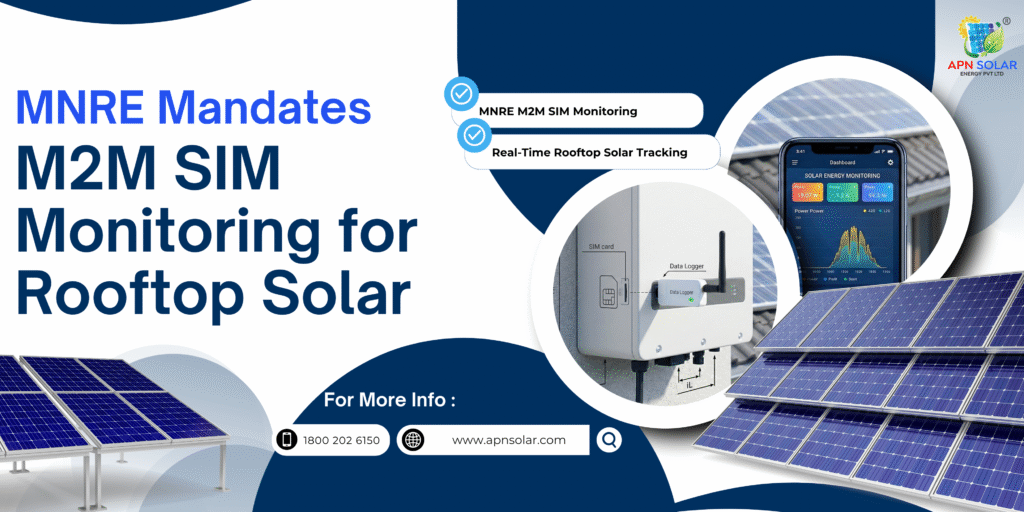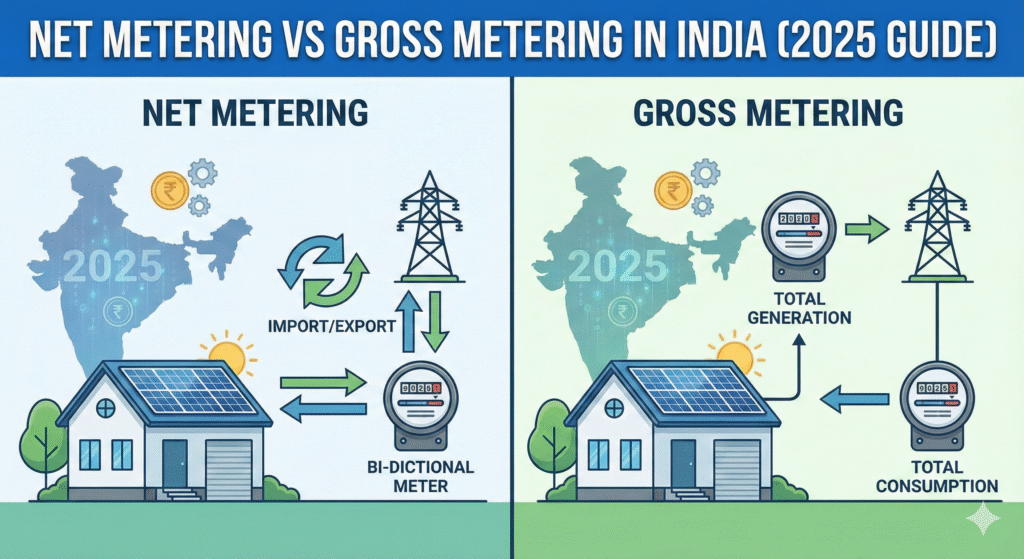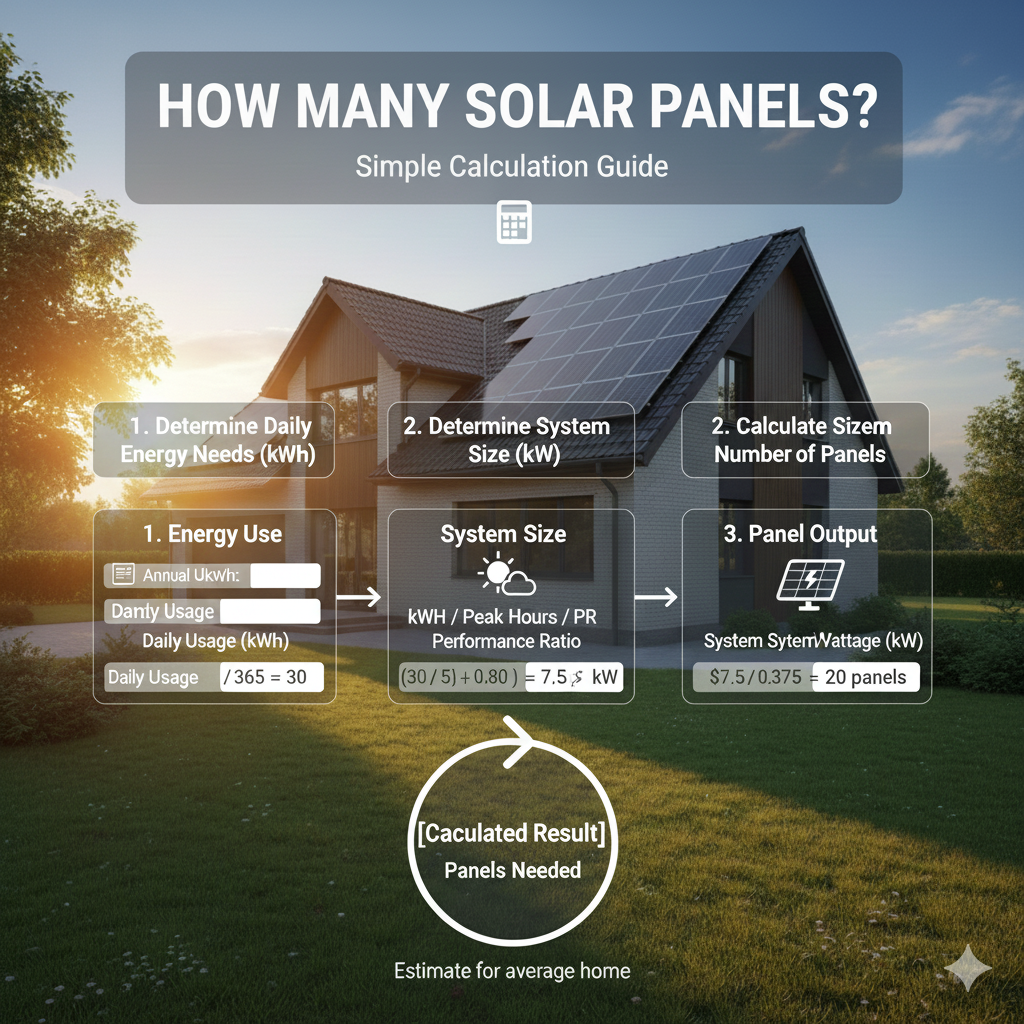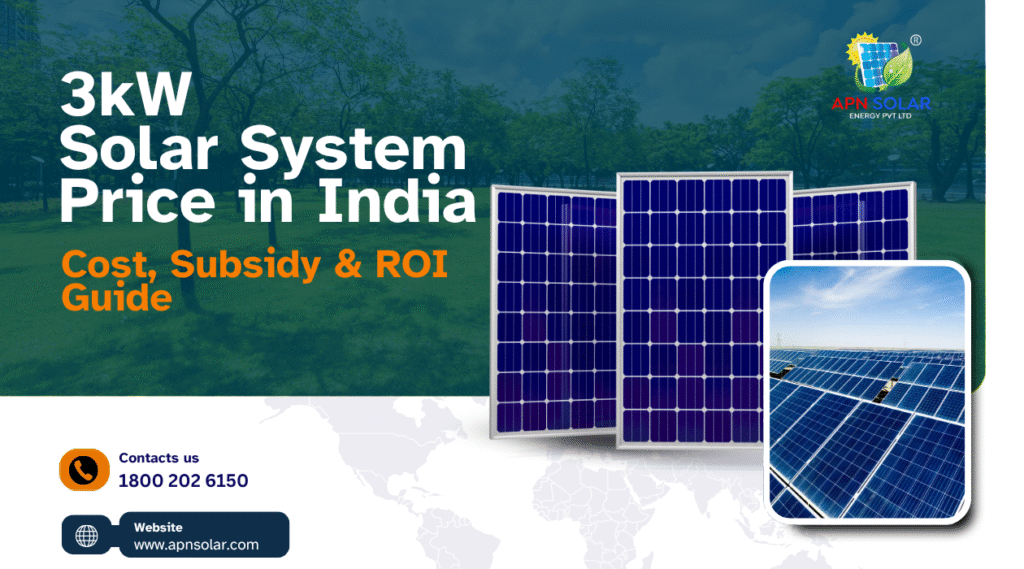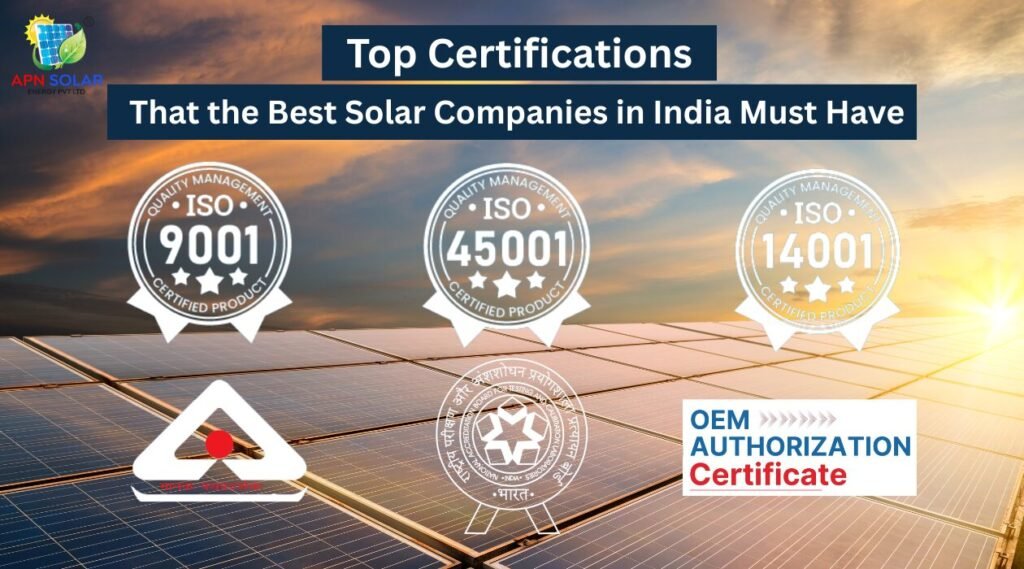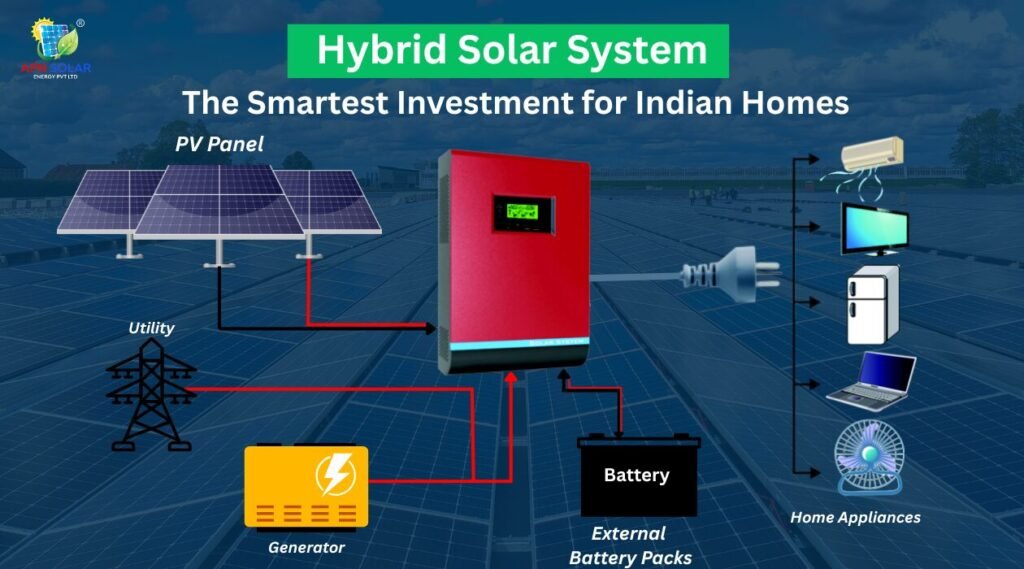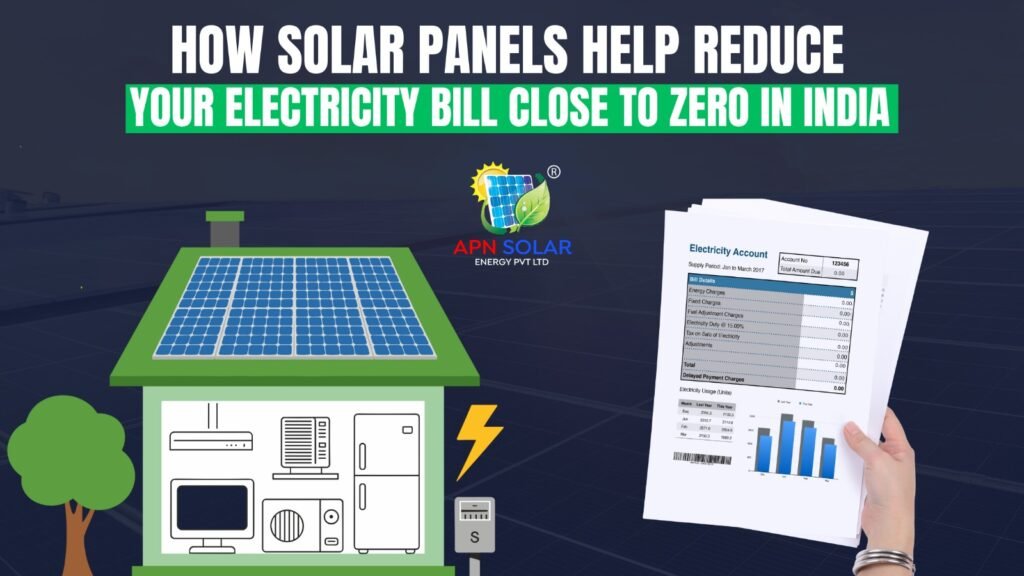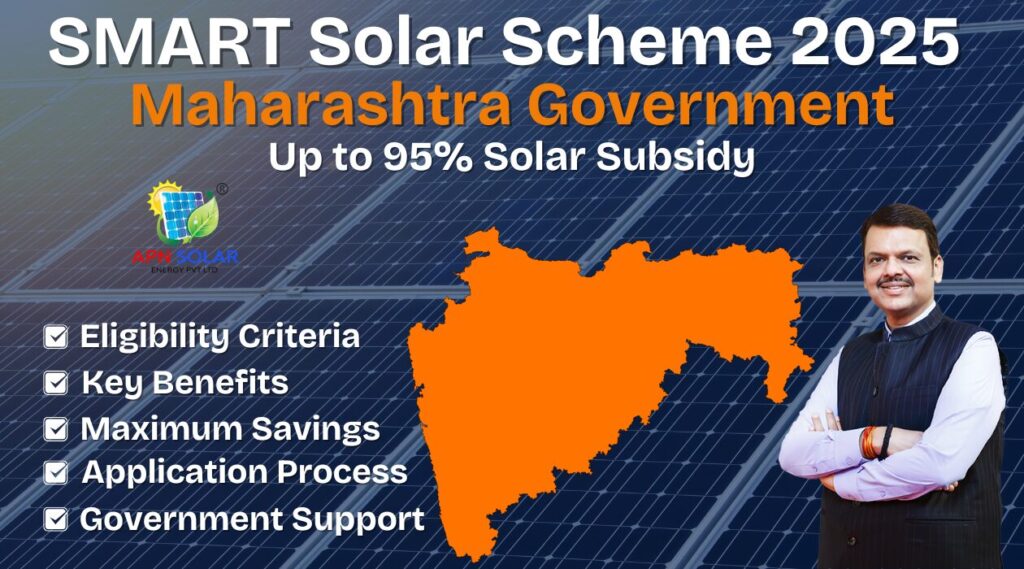Top 5 Reasons to Switch to Solar Energy in 2026 Before Electricity Rates Rise
India is witnessing a steady rise in electricity costs, and homeowners across the country are beginning to feel the impact. With power tariffs expected to increase again in 2025 due to higher fuel prices and growing energy demand, the question is no longer “Should I switch to solar?” but rather “When should I?” and the […]
Top 5 Reasons to Switch to Solar Energy in 2026 Before Electricity Rates Rise Read More »

